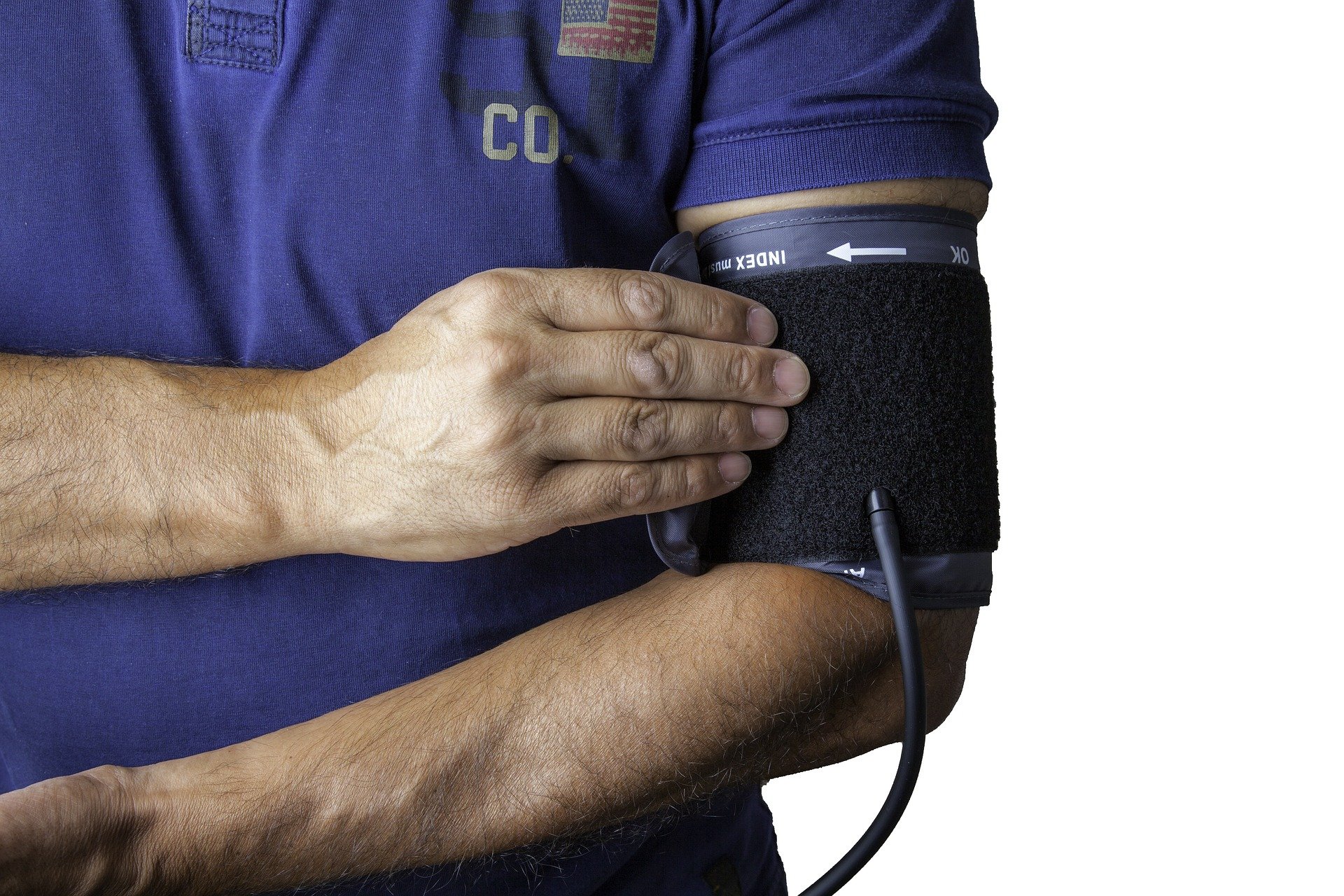This blog is being written on February 14, therefore it seems a good time to discuss matters of the heart. Not because it is Valentine’s Day, but because February is set apart as National Heart Month. As we grow older, there are many changes in the heart and blood vessels that result in more prevalent heart disease in seniors. These changes may manifest in symptoms such as a hardening of the blood vessels, heart valve failure, or a thickening of the heart’s wall. Arteriosclerosis is a buildup of fatty deposits in the arteries around the heart, which is a prolific health problem for seniors. But there are ways for people to maintain heart health well into their senior years.
All of these signs of heart disease render us more vulnerable to heart attacks, as well as pulmonary (lung) issues. According to the Centers for Disease Control (CDC), heart disease is a term that comprises a number of different heart ailments and conditions. In this article, we will investigate more deeply into those conditions, signs and symptoms so that you can identify a problem and get the medical attention you require.
Signs of Heart Disease
Early symptoms of a heart condition often go unnoticed for many seniors, as they may not connect these specific symptoms with heart disease. If you are experiencing any of these symptoms, it is recommended you see your physician as soon as possible, as they are the best person to assist you to diagnose what is going on in your body. As the disease progresses, signs and symptoms may include:
- Shortness of breath when performing daily activities
- Shortness of breath when in certain positions
- Dizzy spells or lightheadedness
- Fatigue or sleepiness
More advanced signs of heart disease may include chest pressure, discomfort or pain, which may signify a heart attack in progress. Although it may seem counter-intuitive, however, there is less chance that chest pain is signaling a heart attack if you are advanced in age. For older seniors, more likely symptoms include pain in the shoulders, arms, neck or jaw; as well as confusion, headaches, cold sweats, or swelling of the ankles, legs, feet, stomach or neck. Seek medical assistance immediately should you experience any of these symptoms.
Eat a Heart Healthy Diets
The food we eat has a major impact on our heart health. It is essential for senior citizens to incorporate those foods which will assist our heart in combatting disease. The good news is, not only will these foods result in a healthier heart, but will encourage overall health and well-being.
Seed and Nuts: These popular and delicious snacks deliver heart-healthy unsaturated fats into just a few handfuls. They also provide fiber and micro-nutrients that can reduce your cholesterol levels. While most nuts will assist your health journey, walnuts are the best choice.
Beans and Legumes: Incorporating legumes into your daily diet will have a positive impact on LDL cholesterol and triglyceride levels.
Berries: If you have a sweet tooth, you can satisfy it naturally with blueberries, strawberries and blackberries. These berries offer significant amounts of antioxidants to fight heart disease and prevent cell damage. Eat them alone, or add to cereal, granola or yogurt.
Fish: Frozen fish in the freezer can be a convenient meal which is great for your health. Fish is brimming with the Omega 3s your heart requires to be truly healthy, and can reduce blood pressure, lower the risk of heart disease and stroke, and reduce blood clotting. The best fish for heart-health are salmon, lake trout, mackerel and tuna.
The month of February is National Heart month. If you follow these guidelines, however, you increase the likelihood that your heart will take care of you every day.
If you are looking for an assisted living or memory care facility in the Villages, A Banyan Residence would like to invite you to visit our facilities for a personal tour.
(Learn more about our COVID-19 policy here.)







